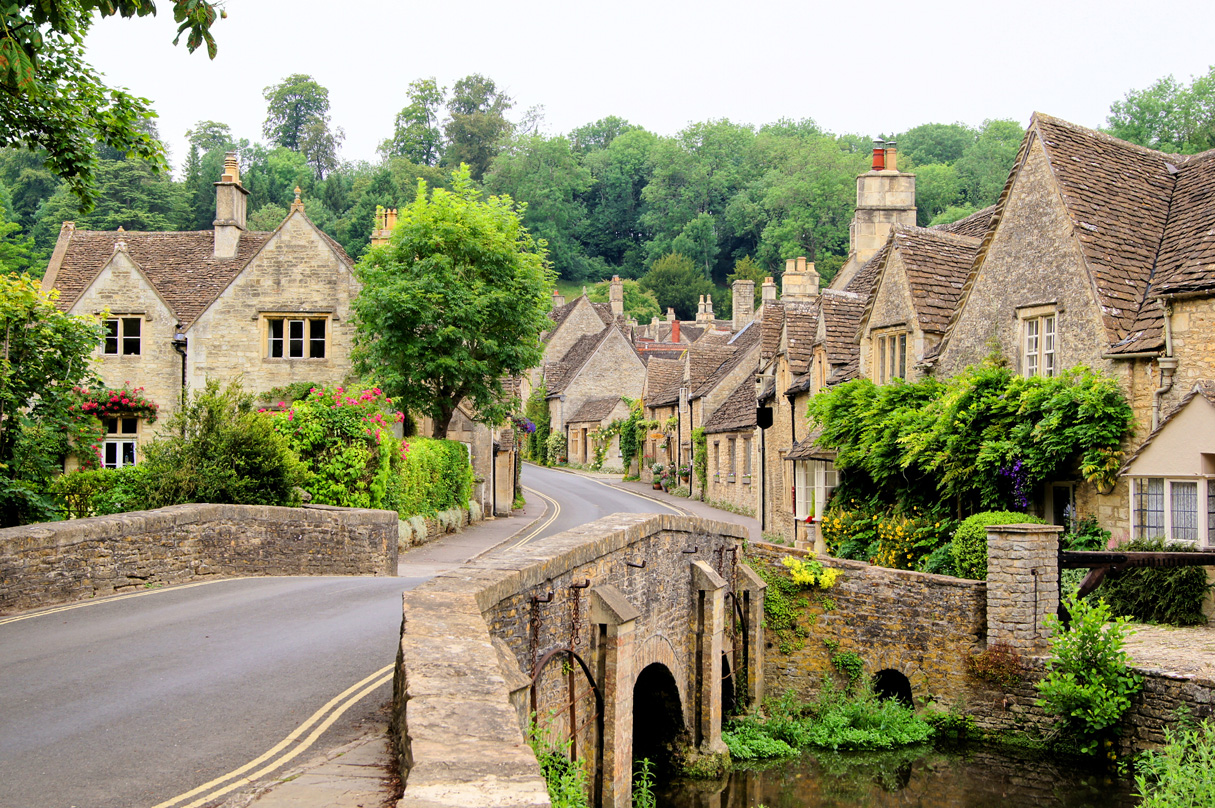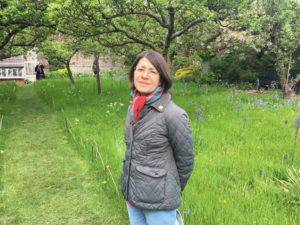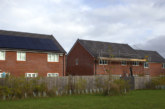
A network of independent advisors working to tackle England’s rural housing crisis has paved the way for potentially more than 2,000 affordable homes to be built across the country.
Action with Communities in Rural England (ACRE), in partnership with 34 ACRE Network members working at local level, delivers the UK government-funded programme in which Rural Housing Enablers (RHEs) work with rural communities to help meet local housing need.
People living in rural areas often find it more difficult to secure affordable housing, with house prices rising in rural areas by 29% in the last five years, compared with a 21% increase in urban areas.
To add to this, the lower-quartile income to house-price ratio is 8.8 in rural areas, compared to 7.6 in urban areas, indicating rural housing is notably less affordable. As a result, rural homelessness has grown by 40% since 2018-19, creating a rural housing crisis.
In response to this situation, a new independent evaluation report shows that RHEs have built up a pipeline of 227 prospective rural housing schemes, equating to more than 2,100 potential affordable new homes, over the last two years.
The essential work they have done to build relationships within communities has also tripled the value of every pound invested in terms of social value.
RHEs are ‘honest brokers’ who facilitate conversations between residents, councils and builders to help meet local housing need. They also help to identify suitable development opportunities and support both landowners and community representatives to navigate the planning system.
 Corinne Pluchino, Chief Executive of ACRE, said: “The benefits of the RHE Programme and the crucial role RHEs play in supporting local communities and spearheading partner engagement and trust are clearly shown in the report.
Corinne Pluchino, Chief Executive of ACRE, said: “The benefits of the RHE Programme and the crucial role RHEs play in supporting local communities and spearheading partner engagement and trust are clearly shown in the report.
“The structure of the programme, which enables us to facilitate peer to peer support and knowledge exchange across the RHE network, is making a significant impact.”
Corinne added: “RHEs also have a vital role to play in helping raise awareness among communities, parish councils and other local bodies about Rural Exception Sites which, while key to unlocking rural affordable housing, are underused and commonly misunderstood. RHEs also help to bring communities together to identify the extent of local need and help to ensure they can work together to tackle the affordable rural housing crisis in this country.”
The comprehensive report, entitled ‘The Evaluation of the Defra-funded Rural Housing Enabler (RHE) Programme’, was commissioned by ACRE from the Countryside and Community Research Institute (CCRI) and EAP Research Consultancy and analyses the RHE Programme since it began in April 2022.
In terms of social value, the report explored the value of RHEs in relation to community engagement and building trust between potential registered providers, local authority staff, landowners and rural communities. Based on case study evidence, it calculated an overall Benefit-Investment Ratio (BIR) of £3.30:1, meaning for every £1 invested over a three-year period there is an estimated £3.30 generated in social outcome benefits.
Since 2023, Defra funding has supported RHE posts in 90% of ACRE network members’ operating areas — a substantial increase in RHE coverage, bringing benefits to more rural communities.
Expansion of the Rural Housing Enabler Programme was unveiled by the UK government in November 2023 as part of a £2.5m package of funding aimed at enabling independent advisors (RHEs) to work with communities to unlock growth and potential in rural areas.
Earlier this year, the Department for Environment, Food & Rural Affairs (Defra) announced that the funding would be extended until March 2026.
To read the full report, visit: https://acre.org.uk/wp-content/uploads/CCRI-EAPACRE-RHE-final-report-revised-version-July-2025.pdf









